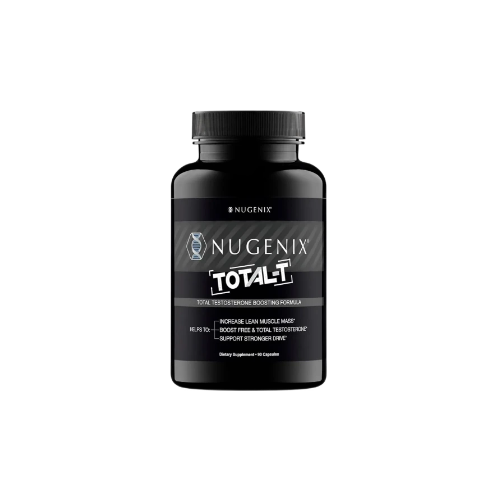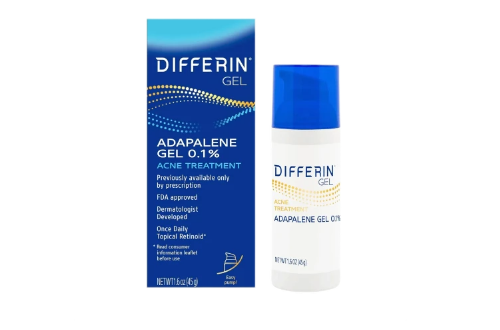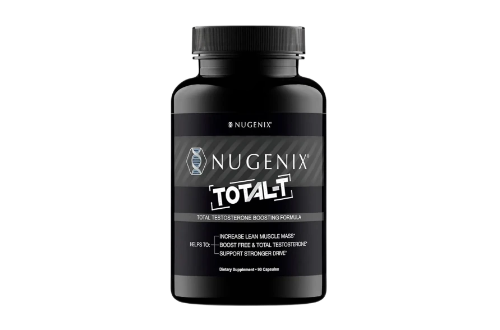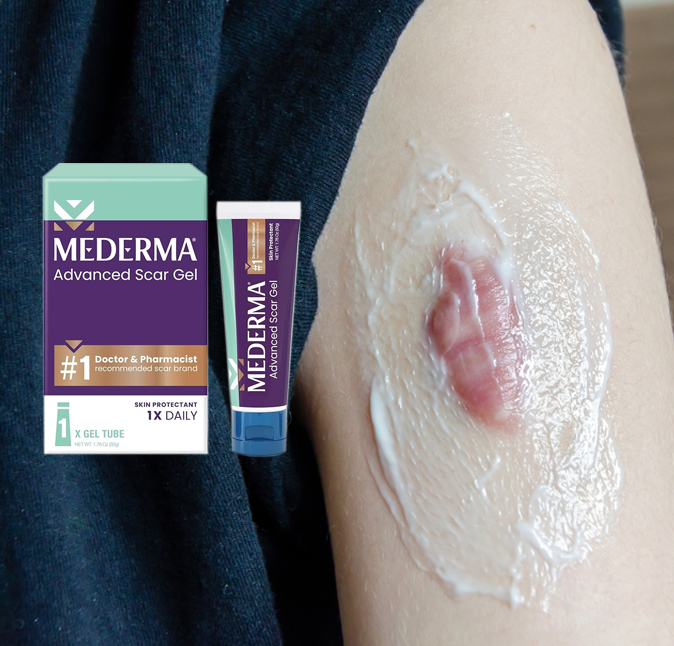-
By: rovod
-
03/17/2023
Understanding Testosterone: Its Role in the Body and How to Maintain Healthy Levels
Testosterone is a hormone that plays a vital role in the human body, particularly in men, but it also has important functions in women. It’s known as the primary male sex hormone and is responsible for many of the physical and physiological changes that occur during puberty and adulthood. Beyond sexual health, testosterone influences muscle mass, bone density, mood, and energy levels. In this article, we’ll explore the role of testosterone, the effects of low testosterone, and how to maintain healthy levels.
What is Testosterone?
Testosterone is a hormone primarily produced in the testes in men and in smaller amounts in the ovaries and adrenal glands in women. While it is more commonly associated with male development, it’s also an important hormone for women, though in smaller quantities.
In men, testosterone is responsible for the development of male reproductive tissues, including the testes and prostate, as well as secondary sexual characteristics like increased muscle and bone mass, body hair, and a deeper voice. In both sexes, testosterone plays a role in overall well-being, mood regulation, and energy levels.
The Functions of Testosterone in the Body
- Sexual and Reproductive Health: Testosterone is critical for libido (sex drive) in both men and women. In men, it is also necessary for sperm production and overall fertility.
- Muscle Mass and Strength: Testosterone stimulates muscle protein synthesis, which leads to increased muscle mass and strength. This is why it plays a key role in bodybuilding and athletic performance.
- Bone Density: Testosterone helps maintain bone density. As testosterone levels decline with age, men are at greater risk for osteoporosis and fractures.
- Mood and Mental Health: Testosterone has a significant impact on mood regulation. Low levels of testosterone are linked to irritability, depression, anxiety, and fatigue. Maintaining healthy levels can contribute to a sense of well-being and motivation.
- Fat Distribution: Testosterone helps regulate fat metabolism and supports lean body mass. Low testosterone levels are often associated with increased body fat, particularly in the abdominal region.
- Energy Levels: Testosterone is involved in energy production and overall vitality. Low levels can lead to chronic fatigue and reduced endurance.
Symptoms of Low Testosterone (Low T)
As men age, testosterone levels naturally begin to decline, typically starting around age 30. This can lead to a range of symptoms, some of which may be subtle. Common symptoms of low testosterone include:
- Reduced Libido: A noticeable decrease in sexual desire and performance.
- Erectile Dysfunction: Difficulty achieving or maintaining an erection.
- Fatigue: Constant tiredness or lack of energy despite adequate sleep.
- Loss of Muscle Mass: Difficulty building or maintaining muscle.
- Increased Body Fat: Gaining fat, especially around the belly.
- Mood Changes: Depression, irritability, and anxiety are common emotional side effects.
- Decreased Bone Density: Weaker bones or increased risk of fractures.
- Cognitive Decline: Difficulty concentrating, memory loss, or “brain fog.”
In women, low testosterone can also cause reduced sexual desire, depression, and difficulty in maintaining muscle mass or strength, although symptoms can be less obvious than in men.
Causes of Low Testosterone
Low testosterone can be caused by a variety of factors, including:
- Aging: Natural decline in testosterone production with age.
- Obesity: Excess body fat can lower testosterone levels.
- Chronic Stress: Long-term stress increases cortisol, which can suppress testosterone production.
- Injury or Infection: Damage to the testes or conditions affecting the pituitary gland or hypothalamus can lead to low testosterone.
- Medications: Certain medications, such as corticosteroids and opioids, can reduce testosterone levels.
- Health Conditions: Diabetes, sleep apnea, and metabolic syndrome are often linked to lower testosterone levels.
How to Maintain Healthy Testosterone Levels
While some decline in testosterone is inevitable as you age, there are lifestyle choices and treatments that can help maintain healthy levels of the hormone:
- Exercise Regularly: Resistance training and high-intensity interval training (HIIT) are particularly effective at boosting testosterone levels. Strength training, in particular, helps increase muscle mass, which naturally boosts testosterone production.
- Maintain a Healthy Diet: Eating a balanced diet that includes healthy fats (such as omega-3s), lean proteins, and plenty of fruits and vegetables can support testosterone levels. Zinc-rich foods like shellfish, nuts, and seeds, as well as magnesium, are particularly beneficial for testosterone production.
- Get Enough Sleep: Sleep is essential for testosterone production, as most of it is produced during deep sleep. Aim for 7–9 hours of quality sleep per night.
- Manage Stress: Chronic stress raises cortisol levels, which can interfere with testosterone production. Stress-reduction techniques like meditation, deep breathing, or yoga can help.
- Maintain a Healthy Weight: Obesity is linked to lower testosterone levels. Losing excess fat can help bring testosterone levels back to a healthy range.
- Avoid Excess Alcohol and Drug Use: Alcohol and certain drugs can interfere with the body’s ability to produce testosterone. Limiting alcohol consumption and avoiding drug use can protect hormone levels.
- Consider Testosterone Replacement Therapy (TRT): For those with clinically low testosterone levels, testosterone replacement therapy may be an option. TRT comes in the form of injections, patches, gels, or implants, and it can significantly improve symptoms. However, it should only be considered after consulting a healthcare professional.
Conclusion
Testosterone is a key hormone that impacts various aspects of health, from sexual function and physical performance to mood and mental clarity. While testosterone naturally declines with age, leading to a host of potential symptoms, there are numerous ways to maintain healthy levels through lifestyle choices like exercise, diet, sleep, and stress management. If you suspect low testosterone may be affecting your quality of life, speak to your healthcare provider about getting your levels checked and exploring treatment options such as testosterone replacement therapy.
Taking proactive steps to support your testosterone levels can enhance your overall vitality, well-being, and quality of life.











Leave a comment